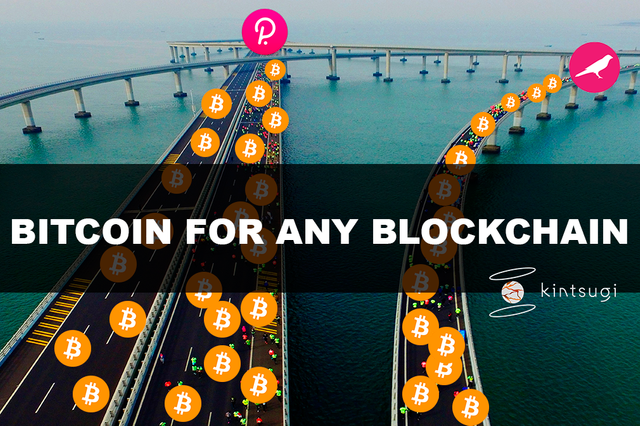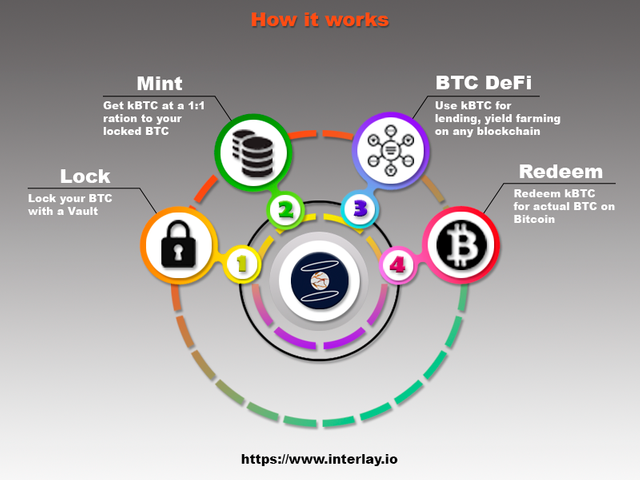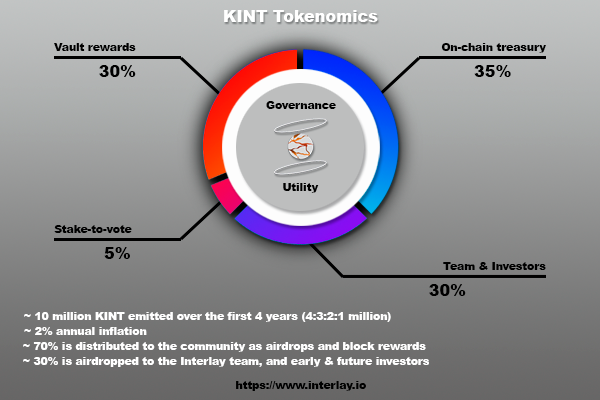
Intro
The appearance of Decentralized Finance (DeFi) in the cryptocurrency environment has given birth to a new ecosystem in which users have full control over their financial assets without the involvement of centralized authorities to conduct transactions between participants in the process. DeFi has changed the way we look at the financial world, opening up great opportunities for development and integration. Smart contracts, as the main mechanism of the ecosystem, allow users to interact directly with each other without any intermediaries (P2P exchanges), which saves time and money while maintaining complete confidentiality.
Today, decentralized finance is in great demand among users in the crypto environment. A huge number of different projects appear in order to develop and improve the DeFi ecosystem, the bulk of which work on the Ethereum blockchain. Also, decentralized finance is being developed on the basis of other blockchains, such as Solana, Polkadot, Avalanche, Cosmos, Binance Smart Chain. But the leading cryptocurrency Bitcoin does not have its own DeFi ecosystem. Although, in theory, there is the possibility of creating smart contracts on the Bitcoin blockchain.
The most common way to use Bitcoin for DeFi is to “wrap” BTC by tokenizing it on various blockchains in Wrapped BTC (WBTC) or BTCST. But creating reliable cross-blockchain trading protocols has various complexities. Therefore, centralized exchanges remain the most popular medium among users for transferring assets between blockchains. However, due to centralization and trust, the very essence and concept of blockchain is distorted.
To solve this challenge decentralized exchanges are being created that support Atomic Cross-Chain Swaps (ACCS). But atomic cross-chain swaps are slow and expensive, and are not in high demand among users.
Bridge to DeFi
Thus, by request of the Web3 Foundation, the Interlay project team in January 2020 began to create a bridge between BTC and Polkadot based on Xclaim, an elaborate, open and reliable system that guarantees the safety of user funds.
The interBTC bridge allows users to create assets backed by Bitcoin at a 1: 1 ratio on Polkadot and use them in a wide range of applications, including decentralized exchanges, stablecoins, and lending protocols. The interBTC bridge is implemented in Rust using Parity's Substrate framework. Decentralization and lack of trust makes the interBTC bridge unique and different from other projects.
How it works

Firstly, the user blocks his BTC in the platform storage by selecting an existing one or creating his own. Then kBTC tokens are issued in a 1: 1 ratio to the blocked BTC. Then the user can use his kBTC as he wants, either by sending them as collateral for lending or in pharming. All this can be done on any blockchain and the original BTC invested in the storage will be safe.
Kintsugi
Kintsugi is a canary interBTC network for Kusama developed by Interlay under the leadership of Kintsugi Labs, the non-profit organization responsible for launching Kintsugi and supporting the decentralized network and ecosystem. The Kintsugi project will provide Bitcoin liquidity in the form of kBTC for such parachains as Kusama, Shiden, Moonriver.
Tokenomics

Kintsugi has its own token KINT, which functions as both a control token and a utility token. Holders of KINT tokens will be able to vote and elect consuls. The token itself will be used to pay commissions along with KSM tokens. The KINT token will have an unlimited issue, the issue of which will follow a specific scenario. Over 4 years, 10 million KINT tokens will be issued according to the 4-3-2-1 system, followed by an annual inflation of 2%.
70% of tokens will be distributed among users in the form of airdrops and block mining rewards. The remaining 30% is for the team and early investors.
The Kintsugi project has on board such well-known funds in early investors as IOSG Ventures, Launchub Ventures, Blockchain Ventures, KR1, Hypersphere, CMS, Zee Prime Capital.
Parachain auction
Kintsugi participated in the Kusama parachain auction for 6-10 slots and get the 11th additional slot! Because the project is very important for the whole Kusama ecosystem. It is great!
Conclusion
I believe that the Kintsugi project has an excellent foundation and goals for solving the urgent problems of implementation of Bitcoin into the DiFi ecosystem, creating conditions for earning and investing BTC on any blockchain.
More details about the mechanism and additional information about the project can be found in the official whitepaper.
Follow Interlay and Kintsugi: